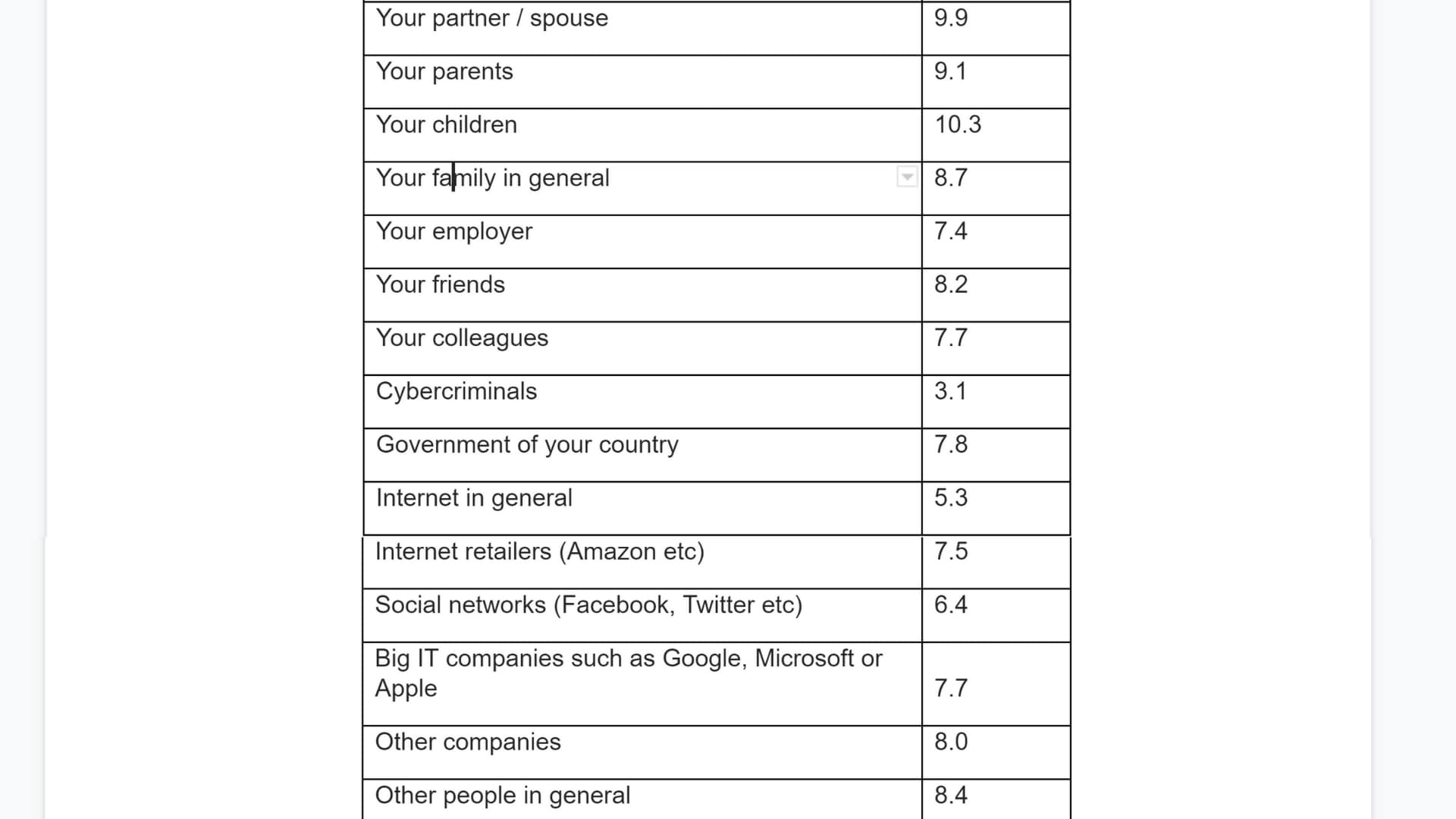Cybercriminals? Naah! Parents are more worried their kids will see their private data
A survey by Kaspersky shows that parents in the Asia Pacific region (APAC) are more worried about their kids (and spouses) seeing their online activity and private data than they are worried about cyber criminals.

Kids often hide their online activity from their parents, but it seems that parents do the same thing. In fact, a survey by Kaspersky shows that parents in the Asia Pacific region (APAC) are more worried about their kids (and spouses) seeing their online activity and private data than they are worried about cyber criminals.
The survey was conducted over the first two months of 2020 and the data was compiled in a report called Defending digital privacy: Taking personal protection to the next level. The survey asked respondents who they were most afraid to give access to their private information to. The highest percent of respondents, 10.3%, said it was their children, followed by 9.9% for partner or spouse and 9.1% for parents.
“Ironically, online users in APAC are more concerned of having their blood relatives or relationship partners seeing or accessing their private data online way more than malicious actors. In fact, our survey showed cybercriminals is their least concern with only 3.1%,” comments Stephan Neumeier, Managing Director for Asia Pacific at Kaspersky.
“This truth is really alarming in the sense that these virtual criminals are actively riding the current chaos, urgently looking for new preys to loot money or information. The lack of awareness and the needed fear to keep their hands off our data can put our online assets and reputation at risk,” Neumeier added.


Dr. Joel Yang, Clinical Psychologist at Mind what Matters in Singapore noted that the statistics can be viewed through a cultural lens given that the region is largely constituted with more “collectivistic societies”.
“Collectivistic attitudes typically encourage the “correctness of social relationships” and such ideals emphasise hierarchy in family structure. It is key to the social harmony that each member understands and plays their role. In the family unit, this means that children are expected to show respect to their parents without question. This perpetuates the behaviour of parents not disclosing any private matters to children which may bring any question to the authority of the parent,” Yang said.
“Another interesting finding in this survey is that parents in APAC are not as worried about cybercriminals accessing their private information as others globally are. Through the same cultural lens, people place more trust in the governing bodies and believe that their interests will generally be taken care of,” he added.
Another research done by Kaspersky revealed that parents care about their kids' online safety but do not spend enough time to educate their kids about it. More than half (58%) of the surveyed respondents admitted speaking to their children about the subject for less than 30 minutes.
“Trust is important to keep the familial bond intact. Parents should establish openness through constant communication, discuss both the physical and online lives of their children. As guardians, moms and dads should show their kids that they are allies on the internet and their mutual enemy are cybercriminals. From there, they can build on educating the young and themselves about the best online habits,” adds Neumeier.
Catch all the Latest Tech News, Mobile News, Laptop News, Gaming news, Wearables News , How To News, also keep up with us on Whatsapp channel,Twitter, Facebook, Google News, and Instagram. For our latest videos, subscribe to our YouTube channel.
































